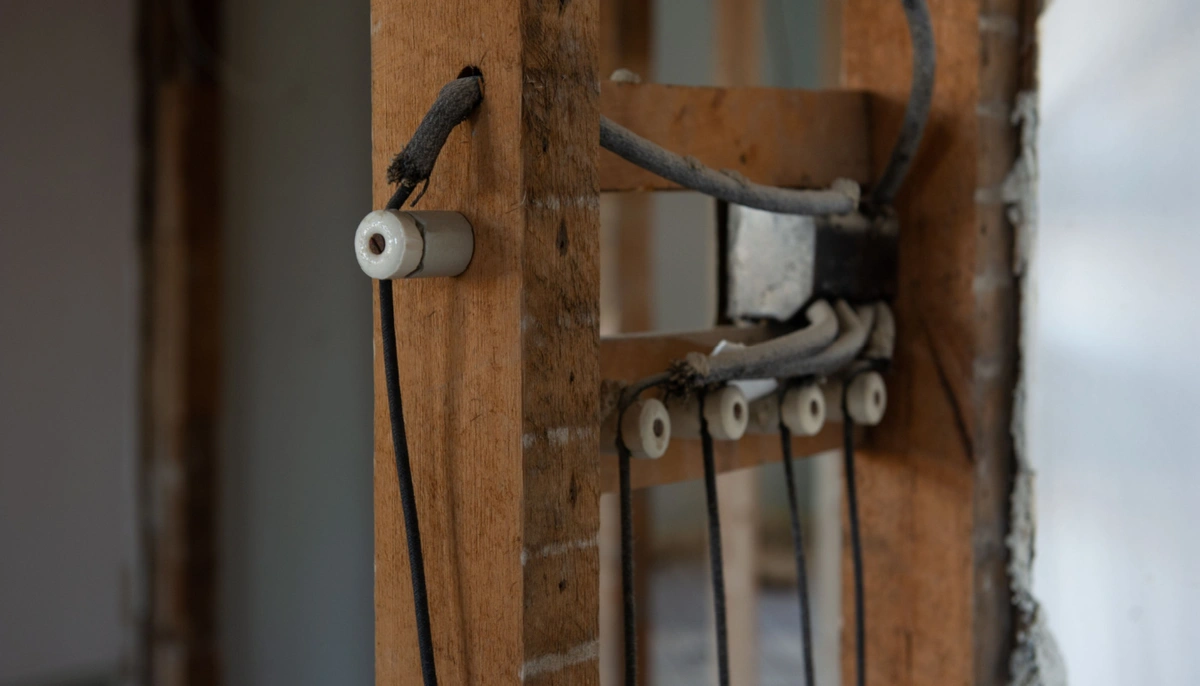Condo and Homeowner Association (COA/HOA) Insurance Basics
Insurance Guides

Meet Honeycomb's CEO at ITI NYC 2024, The World's Leading Insurtech Conference
Ben-Zaken will join the "Perfecting Pricing: Mastering Precision to Ensure Profitability" panel, showcasing Honeycomb's unique approach to Real Estate Insurance

Staying Cool: What Are a Landlord’s Responsibilities Regarding AC?
In hot climates, having an AC or a cooling system is essential, even for rentals. It can also have a big impact on how lucrative the rental property is.

Rent Ledger: When and How to Use One + Free Template
A rent payment ledger is a vital tool for landlords to keep track of rent payments. You can download our rent ledger template free of charge

Mold in Rental Property: Who Needs to Fix It and How to Prevent It
Many landlord insurance policies have a fungi or bacteria exclusion, meaning that they specifically do not provide coverage for issues related to mold.

Pest Control in Rental Properties: Who Has the Main Responsibility?
Pests can be a real nuisance in any home, but who's responsible for getting rid of them? The answer depends on your lease agreement and where you live.

Can you get property insurance if you have knob and tube wiring?
Knob and tube wiring is an outdated and potentially unsafe electrical system, leading to high policy premium rates and often refusals to any property with K&T wiring

The Landlord's Checklist for Tenants Who Are Moving Out
Tenant moving out? Here's a free, printable tenant move-out checklist saves you time and streamlines so you can get your rental unit filled again immediately

Ordinance or Law: ABC Coverage
Ordinance or law is a type of coverage that protects you when you need to rebuild your property according to updated building codes, ordinances and laws
Answers to All of Your Real Estate Insurance Questions

Ben Piening Chief Underwriting Officer
How does the insurance company decide how much I should pay for HOA insurance or an Apartment building master policy?
I have not filed a claim in 20 years, why does HOA insurance premium keep increasing?
Why should I compare multiple HOA insurance quotes from A- or greater rated carriers annually and not just renew our current master policy?
What discounts are available for HOA/Condo Association insurance?
What is your “replacement cost” for HOA insurance and how you should be thinking about it?
What deductible should I select for HOA insurance?
Why does my condo association insurance cost increase every year?
I was just notified that our HOA insurance will not be renewed by our carrier – have we done anything wrong?
Why aren’t there many options to buy HOA insurance online?
“Admitted” vs. “Non-admitted” multifamily insurance – how much it matters for the HOA or building owner?
